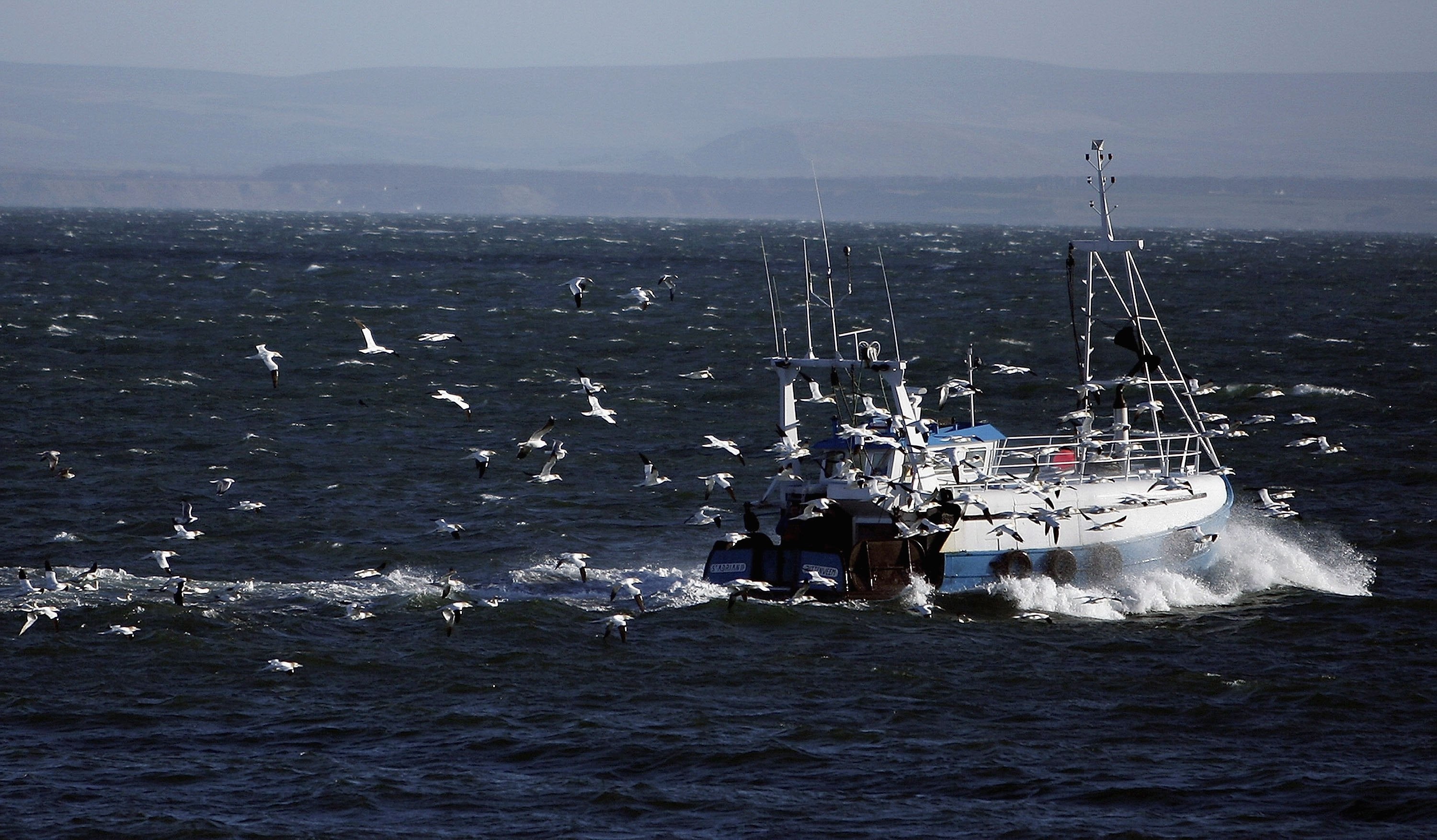Case of avian influenza identified at wildbird rescue centre
All birds at the facility in Worcestershire will be humanely culled

Your support helps us to tell the story
From reproductive rights to climate change to Big Tech, The Independent is on the ground when the story is developing. Whether it's investigating the financials of Elon Musk's pro-Trump PAC or producing our latest documentary, 'The A Word', which shines a light on the American women fighting for reproductive rights, we know how important it is to parse out the facts from the messaging.
At such a critical moment in US history, we need reporters on the ground. Your donation allows us to keep sending journalists to speak to both sides of the story.
The Independent is trusted by Americans across the entire political spectrum. And unlike many other quality news outlets, we choose not to lock Americans out of our reporting and analysis with paywalls. We believe quality journalism should be available to everyone, paid for by those who can afford it.
Your support makes all the difference.A case of avian influenza has been identified at a wildbird rescue centre in Worcestershire today.
All birds at the facility will be humanely culled and a 3km to 10km temporary control zone has been put around the premises to limit the risk of the disease spreading.
The premises does not supply poultry, meat or eggs to consumers, the Department for Environment, Food and Rural Affairs (Defra) confirmed.
The UK Health Security Agency said that the risk to public health from the virus is very low.
Wild birds migrating to the UK from mainland Europe during the winter months can carry the disease and this can lead to cases in poultry and other captive birds.
UK Chief Veterinary Officer Christine Middlemiss said: “H5N1 avian influenza has been confirmed at a wildbird rescue centre in Worcestershire. We have taken swift action to limit the spread of the disease and any birds at risk of infection will now be humanely culled.
“UK Health Security Agency has confirmed that the risk to public health is very low and the Food Standards Agency has said that bird flu poses a very low risk to food safety for UK consumers.
“As we move into the higher risk period over winter bird keepers should pay extra attention to the health of their birds. Anybody who suspects disease should report it to their vet or APHA immediately.
“The best way to tackle this disease is for poultry keepers to ensure that they have strong biosecurity measures in place.”
Defra has launched an investigation to determine the most likely source of this outbreak.
A Food Standards Agency spokesperson said: “On the basis of the current scientific evidence, the Food Standard Agency advises that, avian influenzas pose a very low risk to UK consumers through the food chain.
“Properly cooked poultry and poultry products, including eggs, remain safe to eat.”
Join our commenting forum
Join thought-provoking conversations, follow other Independent readers and see their replies
Comments